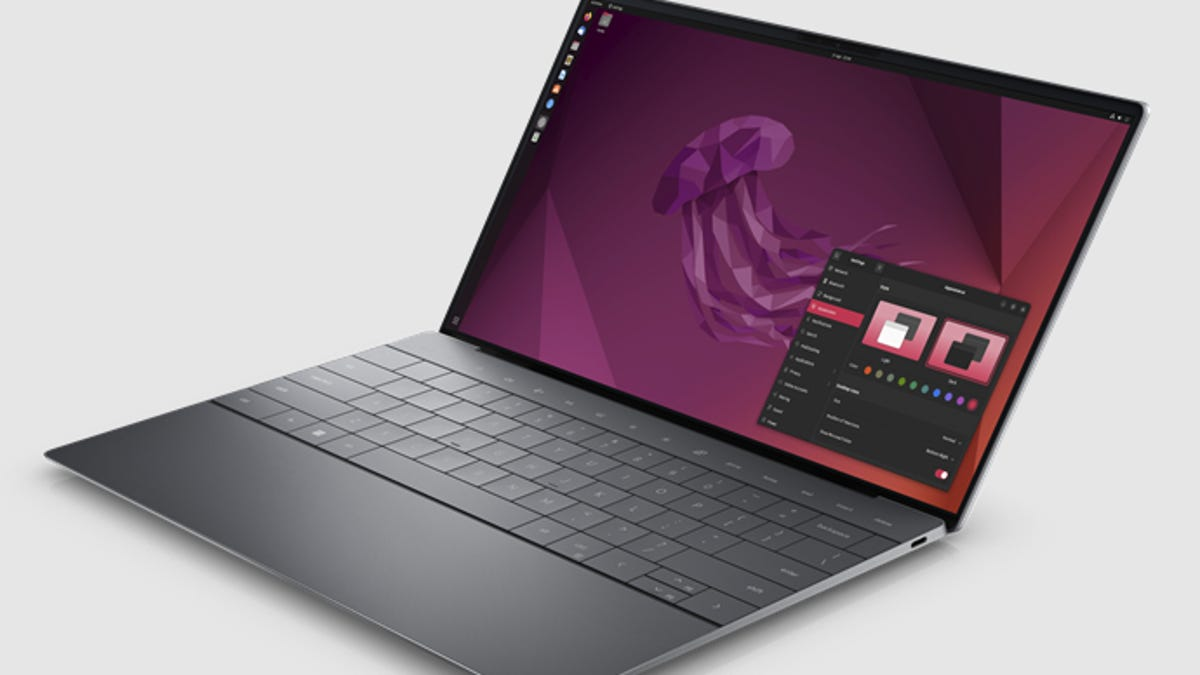Today, the Dell XPS-13 with Ubuntu Linux is easily the most well-known Linux laptop. Many users, especially developers – including Linus Torvalds – love it. As Torvalds recently said, “Normally, I wouldn’t name names, but I’m making an exception for the XPS 13 just because I liked it so much that I also ended up buying one for my daughter when she went off to college.”
So, how did Dell – best known for good-quality, mass-produced PCs – end up building top-of-the-line Ubuntu Linux laptops? Well, Barton George, Dell Technologies’ Developer Community manager, shared the “Project Sputnik” story this week in a presentation at the popular Linux and open-source community show, All Things Open.



What did they charge for?
Hardware enablement. A factory install where all the hardware worked, meanwhile all the fixes are upstreamed. So backported fixes to the current LTS.
I found this page on hardware enablement. My understanding is that new hardware isn’t supported with old kernels, which older LTS releases are stuck with. So Ubuntu solves this problem by backporting newer drivers to the older kernel release.
That’s quite an interesting way of making money. I guess if Dell wanted the newer drivers, they could just install a newer version of Ubuntu. But since they wanted more stability, they preferred that Canonical backport the fixes to an LTS release.
Most often it’s a case of minor patches to the audio system, or recognizing a card reader (both of which are weirdly often unique per model, often even on sub-models), and these are patches that do make it into the older kernel. That process just takes time, and they want a usable image right away, so they get something specially patched that will shortly be replaced by a mainstream kernel update. For extreme cases there’s dkms, where you can have a package that replaces a kernel module from source that is rebuilt on kernel upgrades.
Canonical used to manage PPAs and packages to handle this - keeping them updated and then eliminating them as the fixes appear upstream. The PPA packages also contain trivial things like tweaks to get the keyboard hotkeys to work right.
I know this lives on because I have a Thinkpad and the vanilla Ubuntu installer adds “sutton” packages to tweak its install, and sutton is the internal name for Lenovo enablement (although the package has nothing active in it, so presumably vanilla just works by now, which I’d hope, as it’s a 3 year old machine).
I’ve never used Ubuntu much, but that was interesting to know! Thanks for sharing.